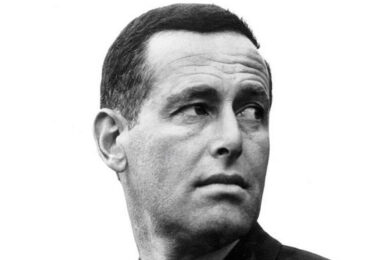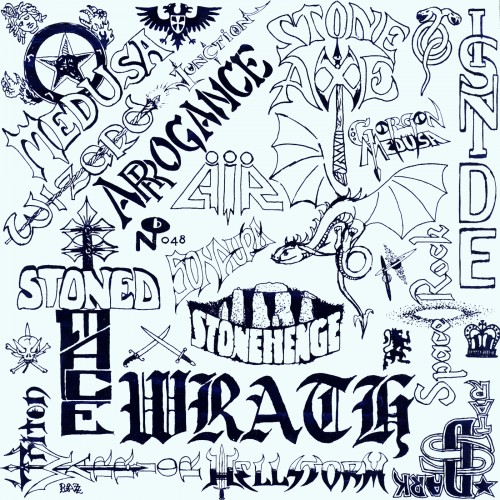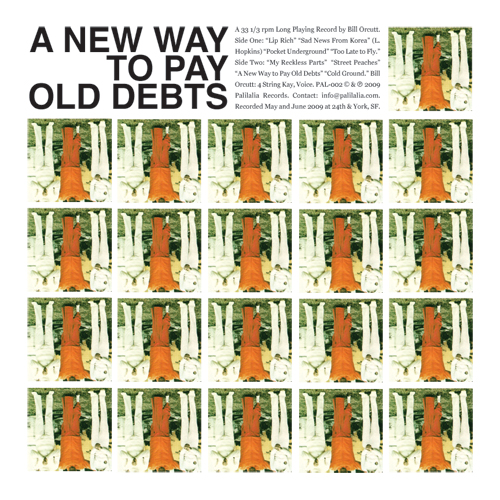There’s more to England than maypoles, chivalry and John Bull. Not all of its darling buds of May get to blossom. Its tales are bloody and nasty, set in a world of rampant misogyny and grizzly murders. These are the stories that were passed from generation to generation, whether through the spoken word, the written word or song.
Shirley Collins sees that history better than most, and it is through that prism that she has gone on to inspire generations in music and beyond. Alan Moore, who has written so eloquently of how Collins had been a part of him since the 1960s, is another holding on to an Englishness that may be slipping from our grasp in this "rootless and directionless contemporary world". Both ‘The Murder Of Maria Marten’ (which on Shirley Inspired receives one of the most classically-Collins’ interpretations by Ela Stiles) and Moore’s From Hell go beyond just 19th century murder ballads and explore the attitude of the men that would perpetrate such grizzly crimes. They hold these men to account for eternity, and they do so by forcing us to see the actions through the eyes of the killer. Each and every one of these stories need to be remembered.
Which perhaps explains the intimidating scale of Shirley Inspired, a 34-track triple album chocked to the rafters with those wanting to acknowledge Collins. Tributes have poured in from far and wide to this most English of folk voices. Lee Ranaldo and Will Oldham (here performing as Bitchin Bonnie Billy Bajas) pay tribute to a woman who did almost as much to document American folk history as its British equivalent, travelling the Southern states with Alan Lomax in 1959 and discovering Mississippi Fred McDowell, who would go on to inspire The Rolling Stones. Both Ranaldo and Bajas approach their songs in similar fashions, with vocals front and centre over atmospheric, looping organs and guitar.
The first sides of this compilation are typified by Graham Coxon’s take on ‘Cruel Mother’. The Blur man provides a simple, sparse version of the track, with the guitarist performing so close to the microphone you can hear every finger movement and string vibration. His guitar-playing has a Baroque flair to it, but this is a no-frills recreation and all the more affecting for it. The same could be said for the track that precedes it, where Alasdair Roberts’ broad Scottish accent is perfectly suited to the story of a young women courted by a blacksmith who leaves her for another. Over the delicate piano, David McGuiness Roberts’ voice wavers and crackles. It is a true performance, an honest performance, exactly what Collins herself would try to bring.
But that honesty does not have to be expressed in the simple terms of a performer and an instrument. Belbury Poly, tucked away towards the back of the album, finds a future for ‘Cambridgeshire May Carol’, a song of youth in an English spring, through heavily distorted vocals and a synth track that wobbles its way through some 1980s vision of the future. It’s followed by the second version of ‘Just As The Tide Was Flowing’. Whilst Stuart Estell’s take bears the hallmarks of a traditional folk tale, right down to the accordion and lines about "jolly sailors", Eric Chenaux’s take on this most popular of coastal folk songs heads along a new route, though still clearly feels like a song of the English coast. Chenaux uses a mournful fiddle, a gently-plucked guitar, and vocals warped beyond far beyond the stage where any lyrics can be recognised. He creates a version of this folk drama that proves that experimentalism and tradition can live side-by-side.
And that is surely what Collins has always wanted; not just to preserve these songs for future generations, but to keep them relevant. It’s the great triumph of this collection, one that goes beyond whether it hangs together as a body of work. In bringing together artists from around the world Shirley Inspired should help to ensure that these tales are not forgotten.









